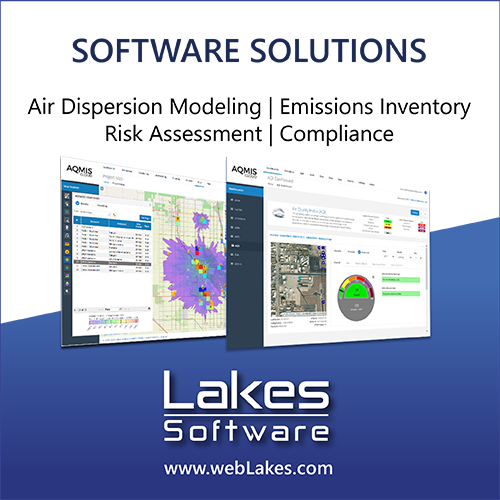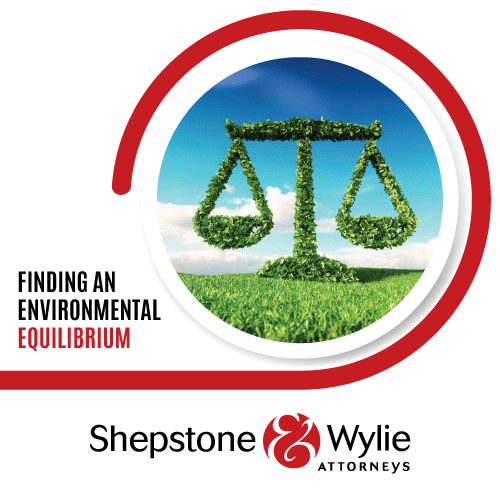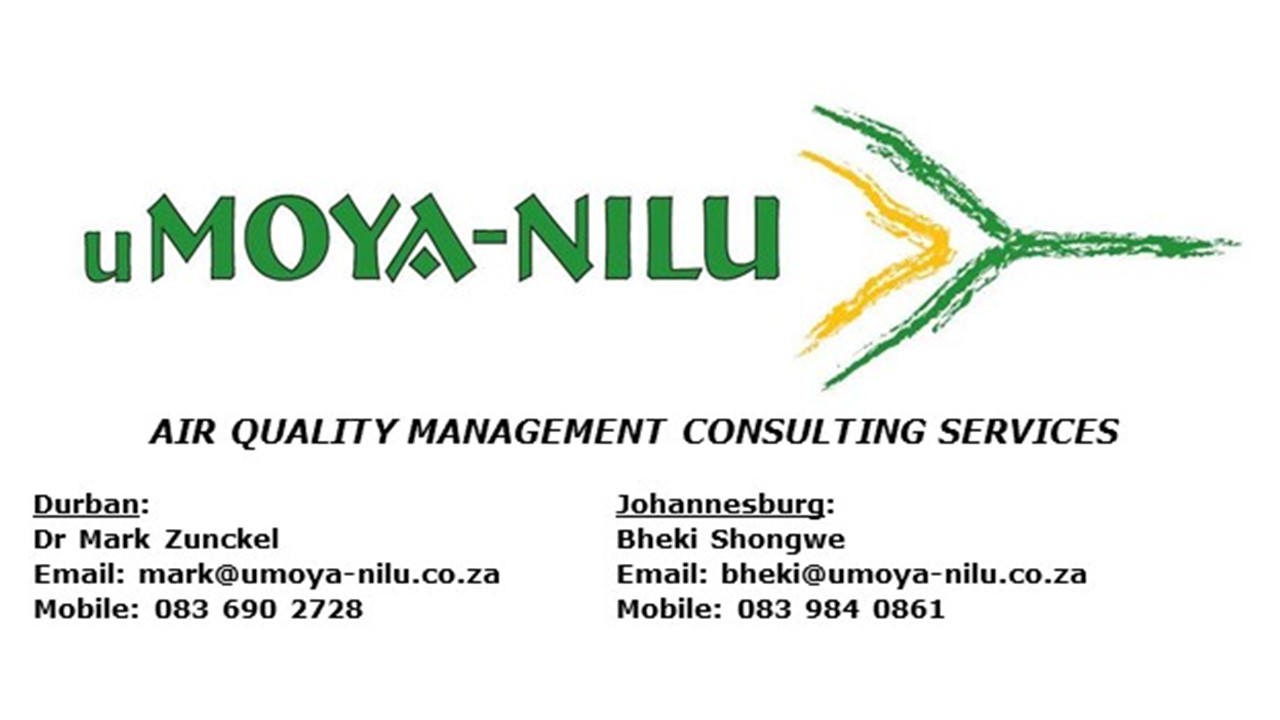Effectiveness of mediation in the resolution of environmental complaints against the activities of gold mining industries in the Witwatersrand region
DOI:
https://doi.org/10.17159/caj/2014/24/2.7065Keywords:
environmental pollution, conflict resolution, public complaint, mine tailings, dust forum, environmental right sustainable miningAbstract
In the Witwatersrand gold mining area, there have been recurring public complaints about dust dispersed from gold tailings storage facilities (TSFs) that traverse the landscape. Although weather aggravates the frequency and intensity of dust emission from TSFs in the study area, the rapid conversion of buffer areas around the dumps to residential land–use is exposing more people to dust hazards. This study assessed the effectiveness of Crown Mines Dust Monitoring forum in Johannesburg as an alternative environmental dispute resolution mechanism. Records of complaints from 1995 to 2010 that were made available through the forum were collated and analysed with the aid of descriptive statistics. Within the study period, complaints about mine pollution were more frequent between August and October, i.e. the dry months. More than 70% of the complaints were made by companies whose properties, operations and employees were affected by dust emission from the TSFs. While 52% of the complainants reported pollution problems for the first time within the study period, other cases were follow-up to previous complaints. Mining companies responded to 31% of the public’s grievances about dust pollution from their facilities within one week and another 12% in two weeks; response to the remaining complaints took much longer time. As part of mines’ response to public complaints, site visits were organised to indicted facilities, and pollution control measures and mitigation plan adopted at sites were also explained. Moreover, additional control measures were installed in critical circumstances to ameliorate dust pollution. Only a few of the complaints reported to the forum escalated to litigation or issuance of penalty by government agency. Although, the forum provided an avenue for resolution of environmental conflicts in a pragmatic and mutually beneficial manner, the right of the public to a clean environment is still not being realised fully.
Downloads
Downloads
Published
Issue
Section
License

All articles are published under a Creative Commons Attribution 4.0 International License; copyright is retained by the authors. Readers are welcome to reproduce, share and adapt the content without permission provided the source is attributed.








.png)